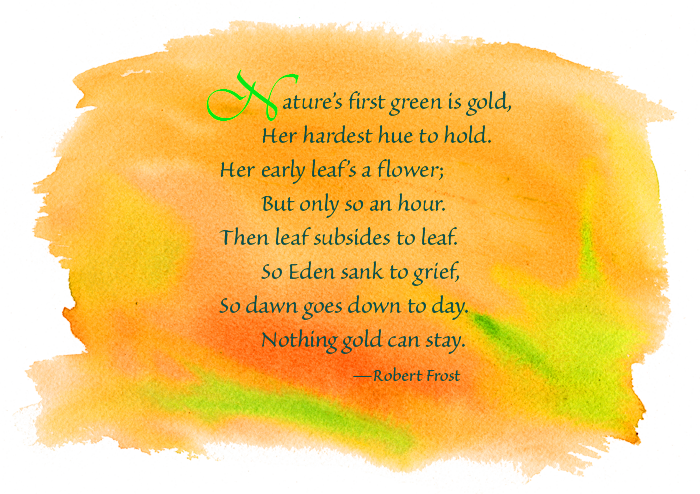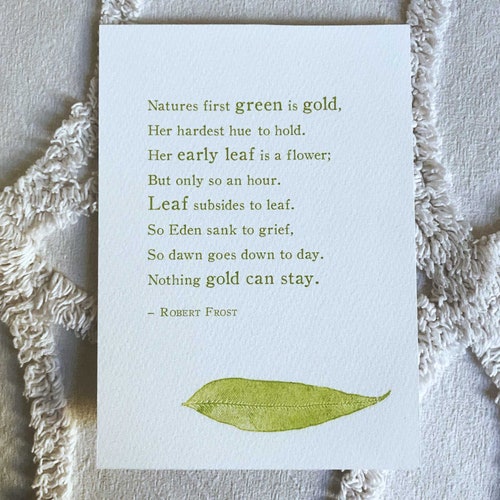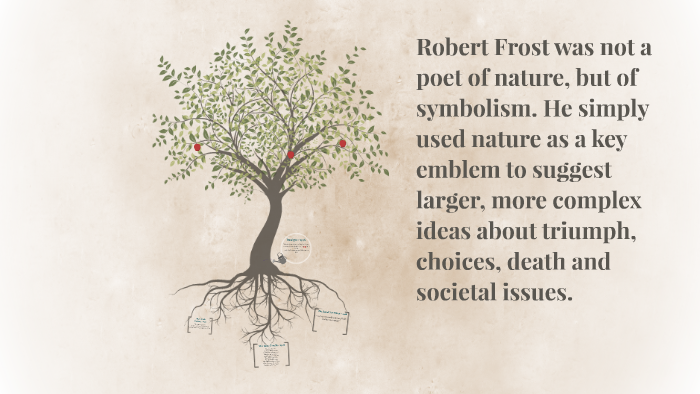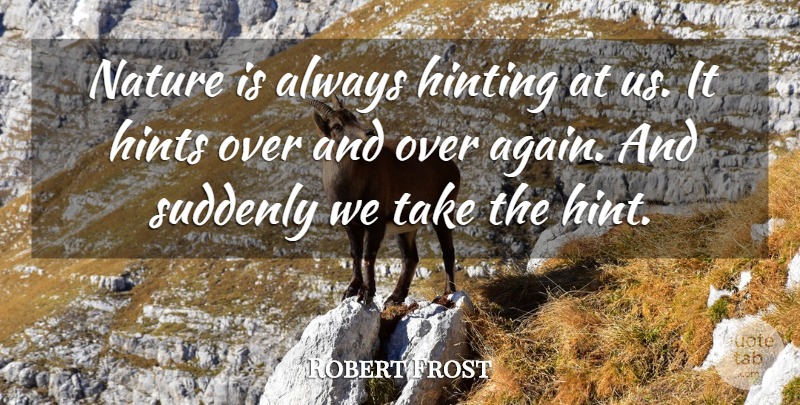Robert Frost was a renowned American poet who is known for his contemplative and often melancholic meditations on nature. Frost's poetry is deeply rooted in the natural world, and he frequently drew inspiration from the landscapes and seasons of New England, where he spent much of his life.
Frost was born in San Francisco, California in 1874 and grew up in Lawrence, Massachusetts. He was heavily influenced by his rural surroundings, and spent much of his time exploring the woods and fields near his home. Frost's love of nature is evident in many of his poems, which often depict the beauty and mystery of the natural world.
One of Frost's most famous poems, "The Road Not Taken," explores the idea of choice and the ways in which our decisions shape our lives. In this poem, Frost describes a fork in the road and the decision to take one path over another. The poem suggests that, in life, we are often faced with difficult choices and that the path we choose can have far-reaching consequences.
Frost's love of nature is also evident in his poem "Stopping by Woods on a Snowy Evening." In this poem, Frost describes the peacefulness and solitude of a snowy forest, and the way in which the natural world can provide a sense of tranquility and respite from the chaos of modern life.
Frost's poetry is characterized by its simplicity and clarity, and his use of nature as a metaphor for the human experience. He was a master of the sonnet form, and his poems often explored themes of loss, change, and the passage of time.
In conclusion, Robert Frost was a poet who was deeply connected to nature and the natural world. His poetry celebrates the beauty and mystery of the outdoors, and serves as a reminder of the importance of preserving the natural environment.








